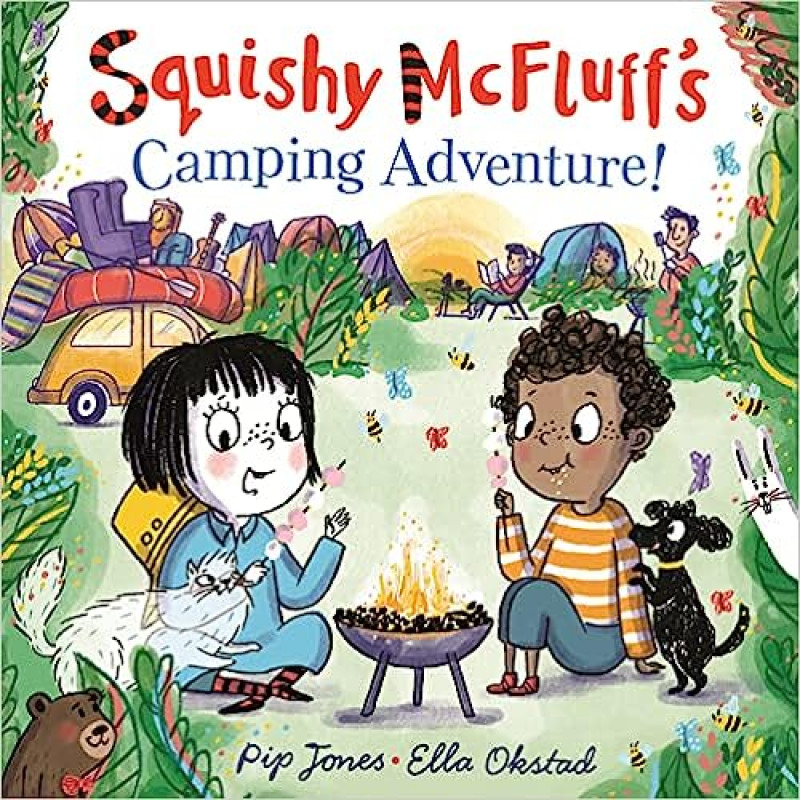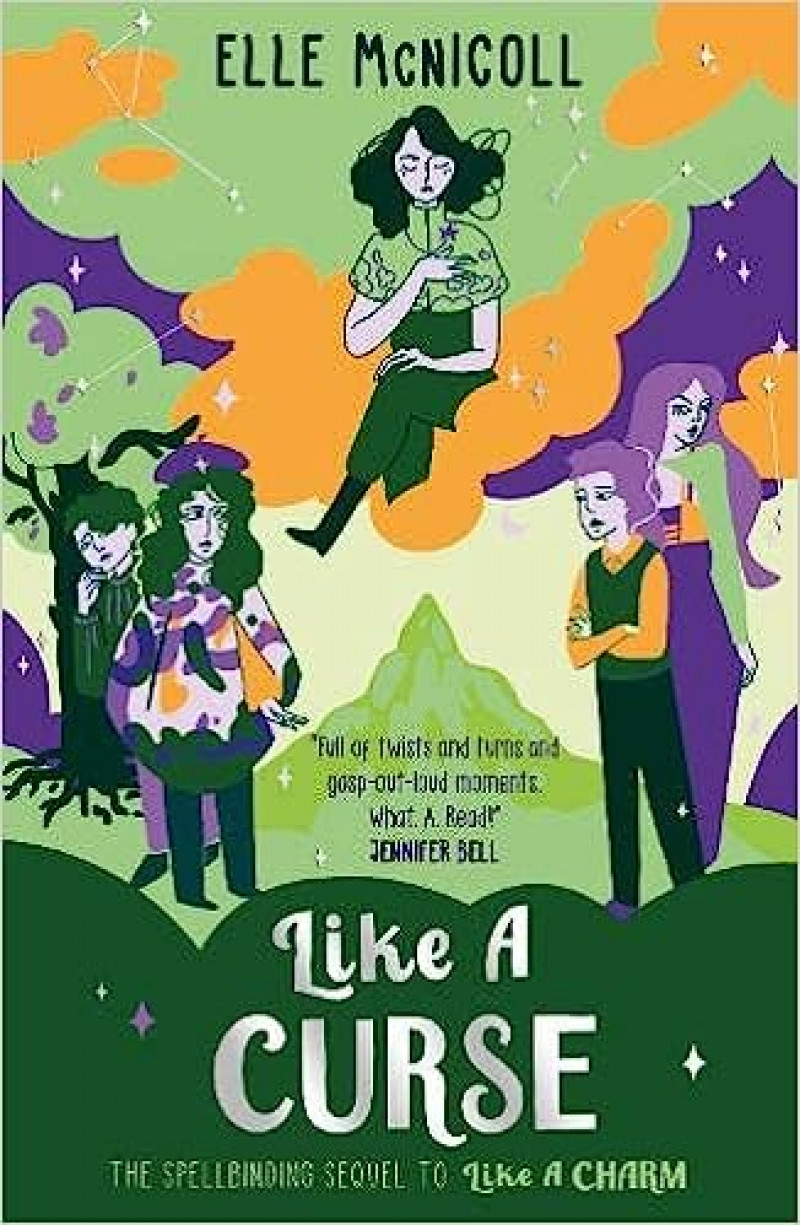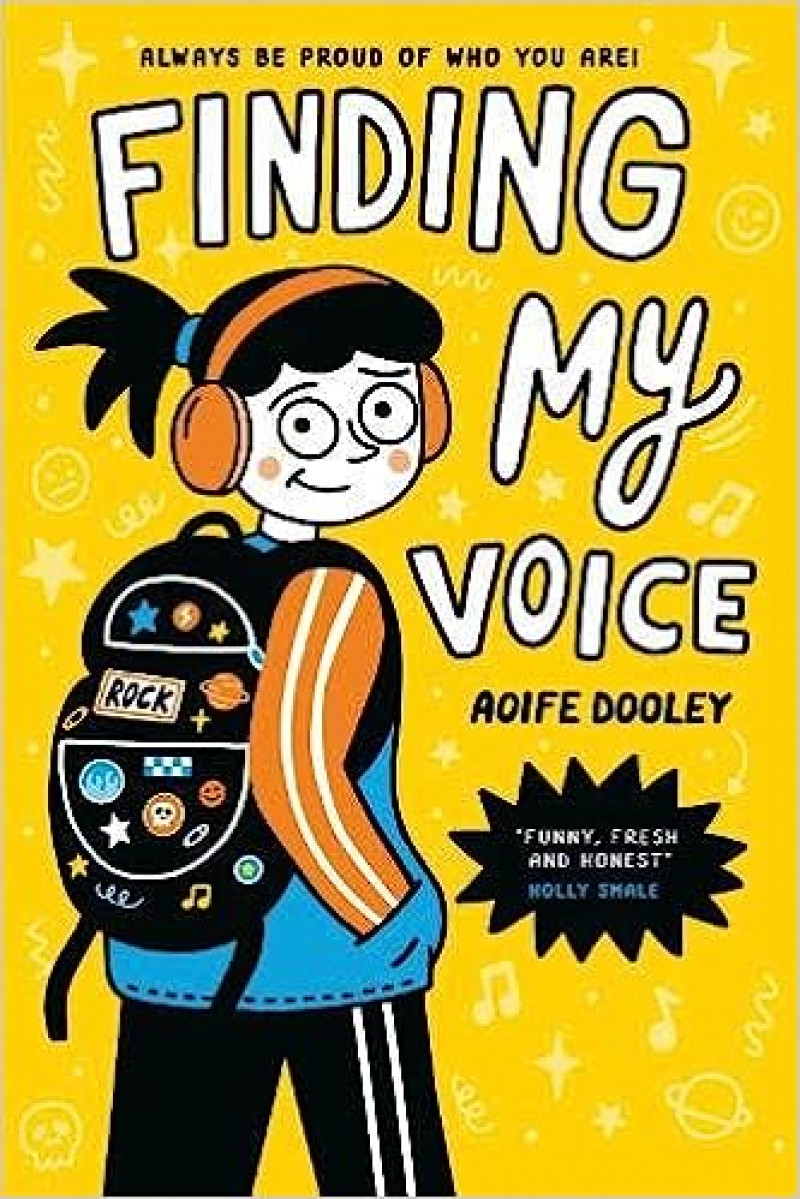Posted on: 30/03/2023
This month we’re exploring the theme of how our minds work: how do we process thoughts and ideas? Why are some people really good at spotting patterns? How is it that some people are incredibly good with their hands or are able to achieve seemingly impossible feats of physical or mental agility? How might different people process sensory information? Where do our imaginations and ability to be creative come from? What might some people need support with? How might the world feel for others and how might brains be wired differently compared to what’s termed as a ‘neurotypical’ brain? These are big questions but for children, learning about the world must include learning about their own and others’ needs, likes, and differences… and this includes beginning to understand and accept neurodivergence. It's important to remember that our schools and classrooms need to have a range of relevant literature, where how others think and how they experience the world is an integral part of who the main protagonist is: this is what can give true insight. And we believe that that same literature can be hugely comforting for children feeling ‘othered’ and different from their peers, perhaps due to their own neurodivergence. If our school reading offer is accessible, up-to-date and as authentic as possible (written with authenticity of voice, preferably through lived experience) then maybe more children would feel ‘seen’ and a bit more supported.
Picture Book
Squishy McFluff’s Camping Adventure by Pip Jones and Ella Okstrad (Faber & Faber, April 6th 2023)
Creator of the wonderful character Izzy Gizmo, Pip Jones’ series of Squishy McFluff adventure stories features sweet and creative character, Ava, and her pet cat, Squishy McFluff. Squishy is an extremely precious pet and, we think, is a huge comfort to Ava, giving her cuddles, company and kudos. Oh and Squishy is also very special seeing as he must be conjured from one’s imagination… Ava and her dad are going camping so there’s lots to do. And Ava’s Dad is taking planning and preparing for the trip very seriously indeed: he knows that their base instincts and skills will be needed to survive…and maybe a few home-comforts too, such as dad’s slippers and his comfy armchair. Trouble is, the very thing that was crucial to the family sleeping under canvas (i.e. their tent) has been left at home. Dad forgot to pop it in the boot and even though Ava and Squishy knew it had been left, she decided that – in her wisdom – sleeping in a self-built den would be much more fun! Ava sets about building their den but is interrupted by loud barking: it’s coming from a little dog called Farida who appears in the arms of a slightly bossy child called Idris. Can Ava compete to build the better den? Will Idris concede that Squishy is actually real? And what is making the branches break with its Thundering footsteps?
Such a relatable experience for some children, having an imaginary cat! Sweetly told with a plucky protagonist at its heart, this is such a wonderful book about friendship and acceptance for children in KS1. The author was inspired to write this series by her own daughter who had an imaginary friend.


Like A Curse (Like a Charm): 2 by Elle McNicoll and Kay Wilson (Knights Of, 2nd February 2023)
We were really excited to read Elle McNicoll’s sequel to the brilliant Like a Charm. Ramya – knowing she’s different, what with being a witch – is a beret-wearing neurodivergent force to be reckoned with. But to her immense frustration, she’s been near-banished to Loch Ness while all chaos is breaking loose in Edinburgh. Portia – Siren and with a lethal ability to mesmerise all who hear her silky voice, has returned and poses a great threat to Ramya’s coven and her friends back in Edinburgh. She knows she can use magic to save them but, as with other Hidden Folk, her powers must remain Hidden. Besides, she’s not yet got proper control of her powers so knows that it would be folly to even try magic. Locked up with her cousin Marley in the uppermost room in the house that holds her captive, the opportunity to escape presents itself in the form of an oak tree (Ramya knew she hadn’t imagined that it was moving!) that appears just outside their bedroom window. Marley expresses his horror when Ramya swings herself off the windowsill and onto the tree… He is right to be horrified. I’m Dyspraxic. It’s a learning difficulty that affects coordination, speech, and motor-skills. I’m perhaps not best suited for climbing up or down massive trees that are as tall as a tower. Yet, that is exactly what I’m doing. But then Ramya uncovers a dreadful secret when she comes face to face with Portia. Portia who tried to destroy Ramya’s coven and who has been rounding up Hidden Folk. And what’s worse, Portia seems to want to mould Ramya into someone – something – she’s simply not: “No one wants freedom if it means chaos. People crave order. That’s all I’m doing. Do you understand that Ramya? That brain of yours, it feels muddled a lot of the time, does it not? Wouldn’t you love it to feel smoother? To feel just like everybody else” But does our brilliant, extraordinarily brave heroine have the courage to stand her ground and stay true to herself and all that she holds dear? And at what cost?
What’s so important about this brilliantly written novel as well as Like a Charm and A Kind of Spark, also by Elle McNicoll (for which there’s now a TV adaptation on BBC iPlayer), is that the author herself is neurodivergent. The descriptions of how Ramya both approaches and experiences the world are authentic and representative as are the reactions of others. This is powerful as readers will easily be able to see not only their and others’ realities reflected in the characters but also perhaps take inspiration from what McNicoll has achieved. In her author’s note, she explains:
The protagonist of the story has been diagnosed with Dyspraxia… It affects motor skills and processing. I was diagnosed at the age of nine. It makes my handwriting messy, but, like Ramya, no one has ever been allowed to tell me what I can or cannot do. Filled with courage and themes of acceptance and integrity, this is the perfect novel for a child in KS2 to curl up with over the Easter holidays.
Finding my Voice: A Frankie’s World Graphic Novel: 2 by Aoife Dooley (Scholastic, 30th March 2023)
Aoife – she herself late-identified and diagnosed as autistic – wrote herself into the first Frankie’s World graphic novel so we’ve been eagerly anticipating this sequel. Frankie, having just received her official autism diagnosis that summer, is getting ready to move up to secondary school. She imagines that it’ll be the fresh start she needs, given that the only two other children who know her are her friends Sam and Rebecca. In moving reflections on all that has gone before, she talks about how her brain is wired differently “I even thought I was an alien before I found out I’m autistic. But it turns out that I’m actually just a human.” And then, there is the relationship with her dad who she only met for the first-time last summer. They’re both still getting to know each other but share a passion for music. Anyway, Frankie has decided she’s going to be really cool: she’s bought cool trainers; cool stationery and her mum and step-dad have even gifted her a phone and headphones (to help with noisy places)…but things do not get off to a very good start when, on her first day, Frankie over-sleeps, resulting in her forgetting her headphones and having to rush. And the bus-ride to school does nothing to soothe her: “it’s too loud, too smelly, too stuffy, two peoply.” We feel that anyone who has had similar experiences to Frankie and her world – adults and children alike – will relate. And even though Frankie has a difficult start to secondary and plenty of blips along the way, she finds her place with the help of other, accepting, like-minded kids. A funny, realistic portrayal of what it could be like for an autistic child starting secondary school, making this stunning graphic novel a must-read for children in Year 6 as well as their teachers and parents.

Posted in: Literature Review